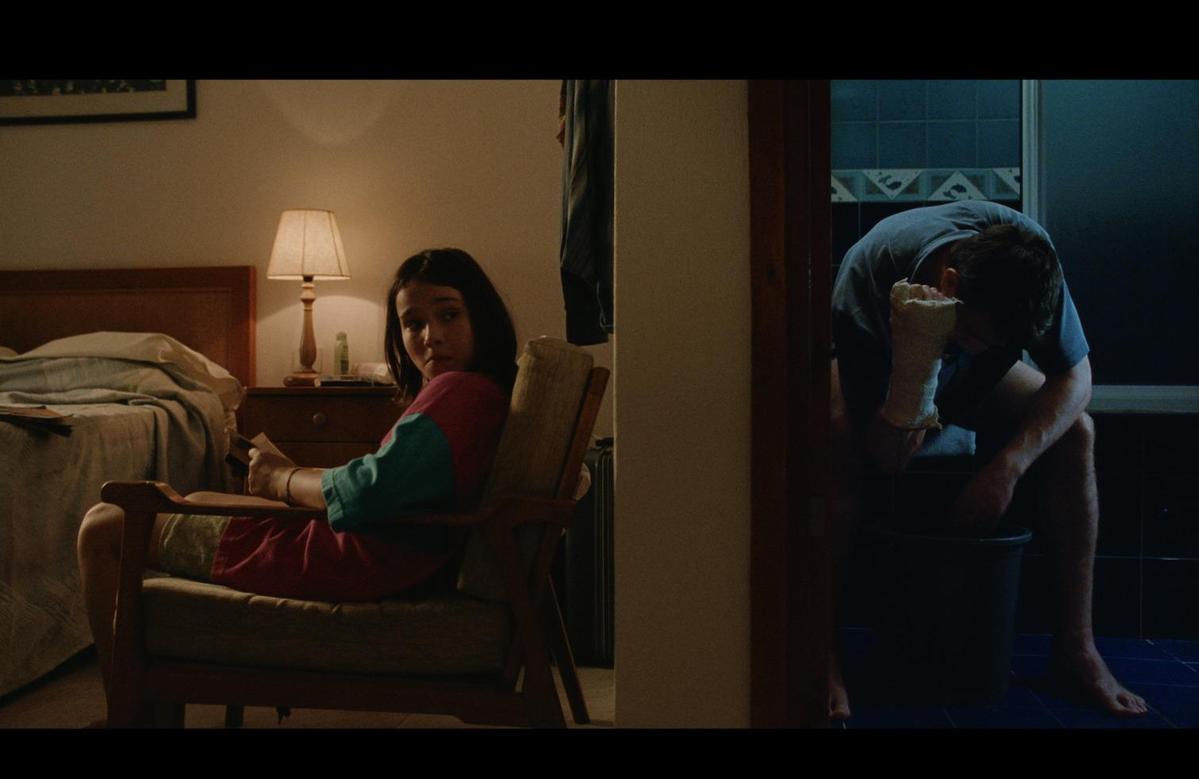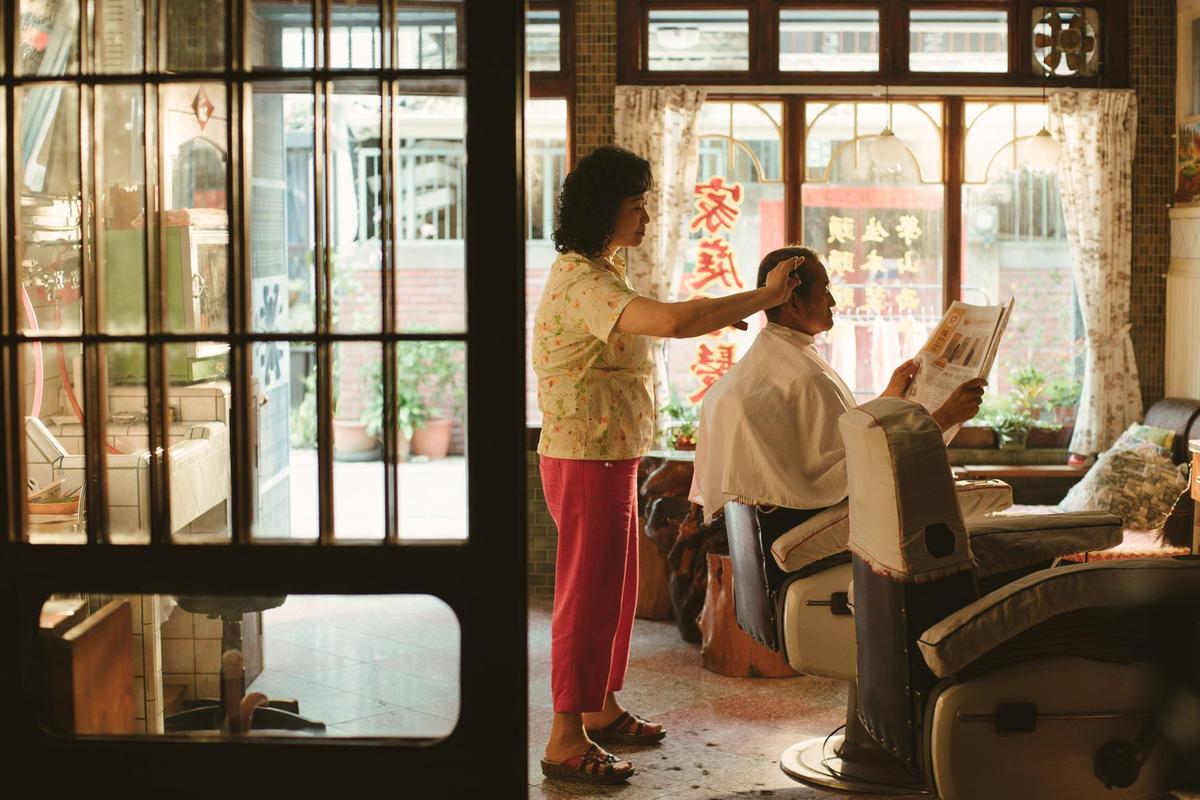How memories tell us who we are, or don’t


Women directors may not be regulars on awards season ballots but they clearly deserve to be, if only for their eye for detail. That's a sweeping generalization of course, but there's a grain of truth to the concept if Charlotte Wells and Fu Tien-yu's, first and latest, respectively, films are any indication. Though nothing alike tonally or stylistically, both Wells' Aftersun and Fu's Day Off dive into the past as a way to illuminate the present and examine how memory works — or doesn't — through intimate, low-key dramas rooted in the depth and breadth of human nature.
Wells' debut pivots on 11-year-old Sophie's (Frankie Corio) fragmented recollections of the last vacation she ever took with her father Calum (Oscar nominee Paul Mescal). On her birthday years later, the adult Sophie (Celia Rowlson-Hall) reflects on their holiday at a broken-down Turkish resort, when she was on the verge of adolescence. In her best work since her 2009 breakout, Somewhere I Have Never Travelled, Fu has 1980s sex symbol Lu Hsiao-fen (Ann Hui's Song of the Exile, 1990) returning to the screen for the first time in over 20 years to play A-Rui, an aging hairdresser with three commercially minded kids, none of whom have picked up on their mother's sense of connection and community spirit. Only her former son-in-law Chuan (Fu Meng-po) understands where she's coming from, though their bond is unlikely to last forever.

Aftersun and Day Off are ideal companion pieces for their shared simplicity and economy of storytelling. Nothing really happens in either of them. Calum puts sunblock on his daughter. They go swimming. Have dinner. He watches as she begins to slip away into a type of young adulthood that excludes him. A-Rui gives the same haircuts to old men she's been grooming for 40 years, and sometimes to their sons and grandsons. She bickers with her kids about putting money ahead of the personal touch. Her daughter Ling (Beatrice Fang) has followed in her footsteps but seems better suited to assembly-line, 10-minute haircut chains. A-Rui hops in her old Volvo for an impromptu road trip to give a dying client his last cut. In both films, it is the banal that provides the greatest insight.
Wells uses a deliberately fragmented shooting style and unaligned editing pattern to evoke the way we remember things in bits and pieces, often inaccurately. She recreates the vacation in fits and starts, and keeps us — and Sophie — guessing about whether what we're seeing of Calum is a true representation of the man. In the end, it can't be — as he's left aggressively opaque throughout the story. We never learn who he really is, in the same way Sophie struggles to reconcile what she remembers with what she knows. They're two distinct things, and whether or not you fall under Wells' enigmatic storytelling spell, there's no denying that the road she's taken to questioning the credibility of our memories is a new one.
Though Fu is less formally experimental, sticking to unfussy, straight-ahead photography, compositions and narrative beats, it is memory that underpins A-Rui's gentle generational crisis. What she remembers of providing a very basic service that is in many ways quite intimate, and the foundation of a community, is what is fading away, much to her chagrin. Tradition giving way to modernity isn't a terrible thing in A-Rui's eyes, but the accompanying loss of small graces and relationships is. Lu, herself a star of the past, hinting that this will be her last film, turns in a suitably messy, frustrating and bittersweet performance as she tries to reconcile the world she knew with the world that is. Day Off is more blatantly heart-tugging than Aftersun, but their complementary explorations of how and what we remember belong on the same coin.
- China health body supervises psychiatric fraud probe
- Bamboo-based drone completes maiden flight in Tianjin
- Hunan emerging as China-Africa trade hub
- Former senior Guizhou health official jailed for bribery
- Snowfall gives Gansu mountain town a breathtaking appearance
- Shanghai airport lays on Spring Festival welcome for world travelers





































